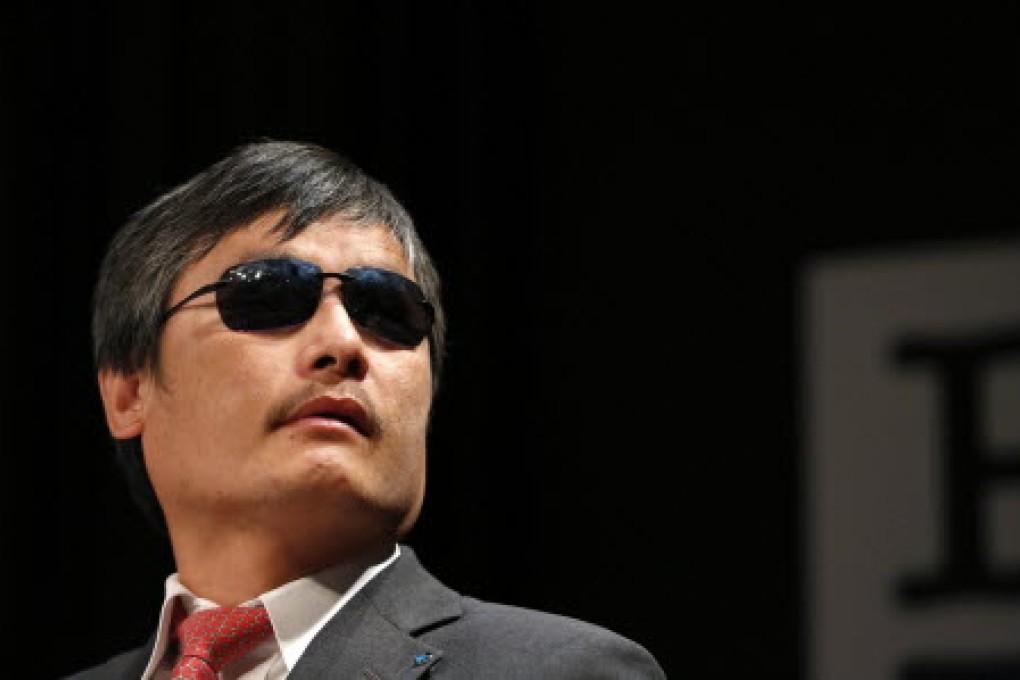Is there no better choice for China than putting a price on peace?
'Red packets' and security staff for dissidents prove costly in China's bid to maintain stability

In February 1989, Deng Xiaoping coined a phrase that would become one of the Communist Party's guiding principles: "The need for stability overwhelms everything else." New measures show just how far the leadership is prepared to go - and how much it is ready to pay - to uphold Deng's motto.
Under the mainland's sprawling domestic security apparatus, numerous dissidents have allegedly been detained ahead of politically sensitive events. Now, some well-known activists and their families are taken on holidays - in the company of security officials.
Their escorted trips have reportedly seen them visit luxury seaside resorts in Hainan and Xian's Unesco-listed terracotta warriors, complete with sumptuous meals and wine. Human Rights in China, a United States-based NGO, estimated 15 people "had been travelled" ahead of this year's anniversary of the Tiananmen Square crackdown on June 4.
Instead of throwing dissidents into the notorious "black jails", authorities are now trying a soft approach.
To stem the flow of Beijing-bound petitioners with grievances ranging from corruption to illegal land grabs, officials have reportedly begun dispensing "red packets". While this has turned away some potential petitioners, others have demanded revelations about the mounting cost of "stability maintenance".
Officials deny the existence of a so-called stability maintenance fund, but the bulging domestic security budget - reported to have exceeded that of the military since 2011 - has drawn global attention.